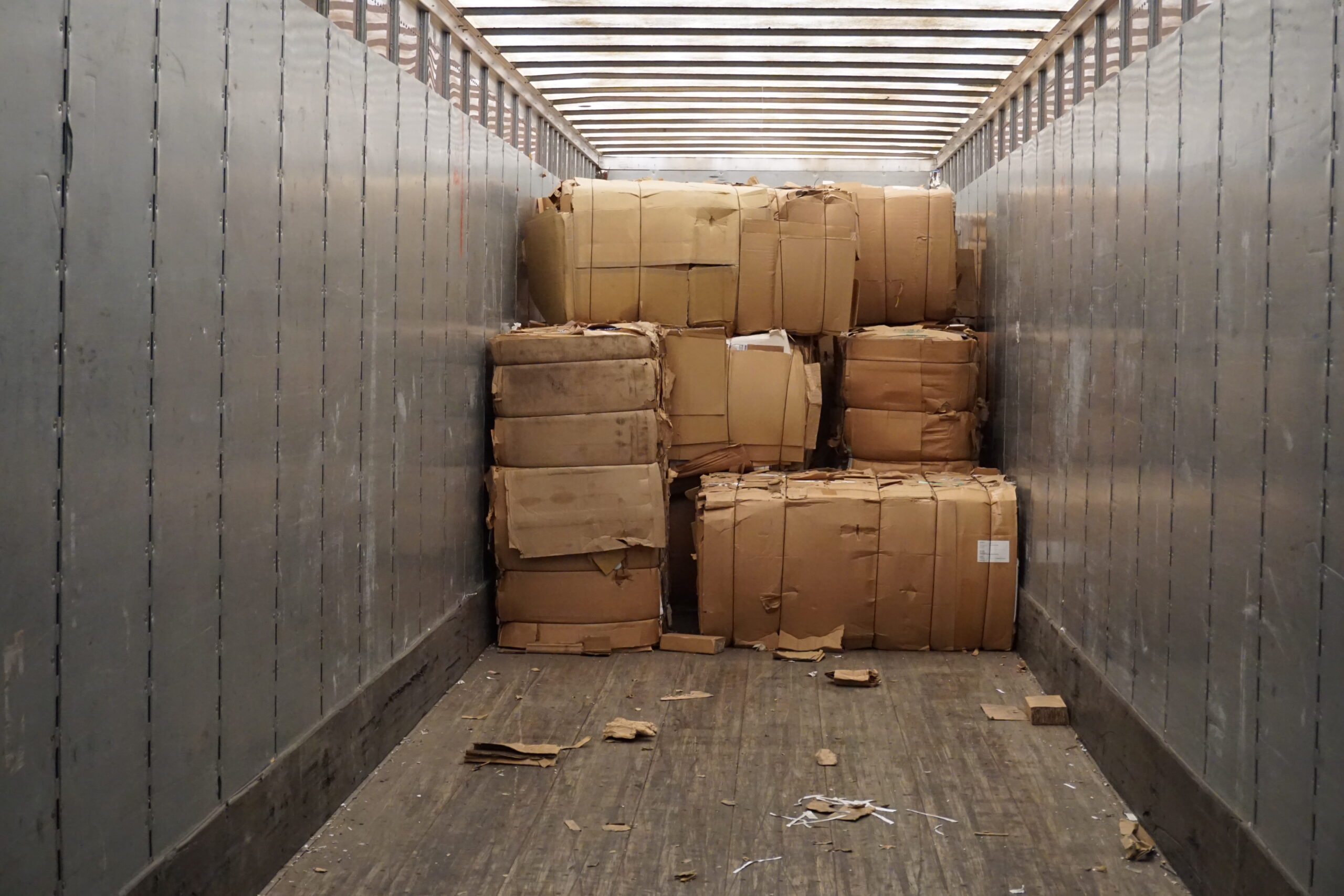It’s been more than a year since the last major updates to Massachusetts recycling regulations were enacted, which means it’s probably a good time for a refresher about what those laws require of your business. Reviewing the Massachusetts recycling regulations is also important for anyone who’s opening a new business in Massachusetts. Understanding MassDEP’s recycling guidelines for businesses allows companies to establish efficient processes that maintain compliance with minimal effort.
Massachusetts Recycling Regulations: What’s Currently Required of Businesses for Compliance?
If you care to look further into specific Massachusetts recycling regulations, they’re covered in the Code of Massachusetts Regulations under 310 CMR 19.017. (Individual municipalities might impose additional recycling rules on locals.) These regulations include a list of specific materials that require special handling; aka, recycling or some other disposal method other than a landfill.
Per the Massachusetts recycling regulations, businesses in the Commonwealth should recycle:
- Commercial organic waste
A waste ban applies to any business or other commercial entity that generates more than 0.5 ton of organic waste per week. The organic waste ban has been in effect for a decade but the threshold was 1 ton/week until 2022.
Unsold food, food scraps, landscaping waste and any other type of organic material falls under the ban. Any business that generates more than 0.5 ton of organic waste in a week is required to arrange for all of it to be composted, recycled, reused or converted—not landfilled.
What businesses need to do to maintain compliance: Entities that serve or sell food (e.g. grocery stores, schools) probably already have well-established procedures in place for disposing of leftover food each week, since the organic waste ban has been in place for years now. But if you’re working on opening a new restaurant or other Massachusetts business that will generate organic waste, creating a disposal strategy needs to be part of the planning process.
What if your business usually generates minimal organic waste, other than employees’ lunch scraps? You can keep throwing it away with the rest of your non-recyclable trash. Just bear in mind that the waste ban applies any time a business surpasses that 0.50 ton/week threshold. Let’s say your business manages its own landscaping, and a few times a year you fill a Dumpster with pulled plants, branches and other landscaping waste. If you collect more than 1,000 pounds in a week, you’re obligated to comply with the organic waste ban that week.
The best bet for many businesses is to create a system for collecting and diverting all organic waste, every week. That way you don’t even have to think about how your waste generation lines up with the threshold. If your food scraps and yard waste are always collected to be composted or converted into energy, you’re always in compliance. (Plus, you can proudly share this fact about your business to help demonstrate your commitment to sustainability.)
- Textiles and Mattresses
Massachusetts banned these materials from landfills in late 2022. Mattresses and box springs can be donated to charity if they’re in good condition, or mattress recyclers can dismantle them and recover reusable components. Textiles including clothing, footwear and anything made from fabric are also banned from landfills. Consider having these items shredded, which will keep them out of landfills while potentially protecting IP.
What businesses need to do for compliance: Most businesses never handle mattresses; if yours does, expect to pay a fee to recycle each one. What if your business needs to dispose of textiles like old employee uniforms or off-spec clothing that you can’t sell? Technically you’d be in compliance if you dropped them off in a clothing donation bin, but shredding is the more secure method for destroying any textiles that are proprietary to your business.
- Tires
Massachusetts law doesn’t allow landfills to accept whole tires. Tires must be shredded prior to disposal.
What businesses need to do for compliance: Massachusetts tire shops will take old tires for disposal when customers buy new ones. If your business has a number of old tires to get rid of, paying a private tire scrapper for disposal might be the best strategy.
- Construction/demolition materials
Asphalt, brick, concrete, wood, clean drywall and white goods (aka old appliances) are all restricted by Massachusetts recycling regulations. These materials all require special handling.
What businesses need to do for compliance: If any construction or demolition work is done to your premises, the contractors should manage the proper disposal of any waste that’s generated. If that doesn’t happen for some reason, contact your recycling vendor for help with disposal.
What About Recycling Plastic, Paper, Scrap Metal and Electronic Waste?
The waste ban regulations in Massachusetts technically do extend to plastic, recyclable paper and metal. In fact, 310 CMR 19.017 has listed these materials as “restricted” (meaning they shouldn’t be landfilled) since the 1990s. But those restrictions are obviously not widely enforced. There’s nothing stopping anyone from filling trash bags with recyclable paper and tossing them in a Dumpster.
Currently recycling electronic waste isn’t required by Massachusetts recycling regulations, other than old-fashioned cathode ray tube TVs.
Complying with the letter of the law isn’t the reason most individuals and business owners recycle these materials. The environmental benefits and economic benefits are what motivate individuals and businesses to recycle plastic, paper, scrap metal and e-waste.
Is Your Business Compliant with Massachusetts Recycling Regulations?
Miller Recycling takes the guesswork out of recycling. We’ll help your business design efficient recycling processes now, and let you know if any new Massachusetts recycling regulations are passed that you need to know about. What questions do you have to improve recycling for your Massachusetts business? I’m happy to connect—contact me today.


